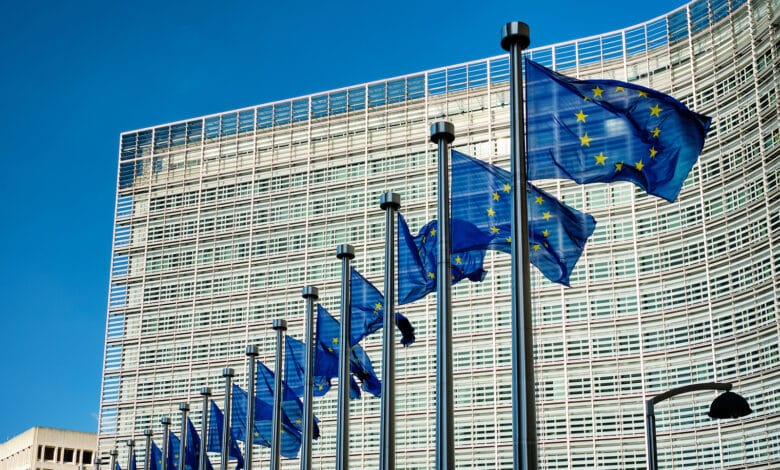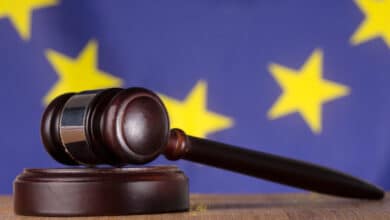
A new EU Commission regulation is to limit the protection of communication content. For example, a corresponding protection mechanism must under no circumstances prevent the automatic recognition of child pornographic content.
Communication contents should be automatically checked
The EU Commission considers a regulation on the automatic checking of communication content to be urgently necessary. The reason for this is the fact that such action would violate the right to confidential communication from the end of the year. After all, the e-privacy directive means that in future communication media such as e-mail and messenger services will also fall within the scope of protection. In particular, the effective automated filter systems used for pedocriminal material would then be blocked. This should not happen under any circumstances.
Protection by EECC from 20 December 2020
The main reason for the European Commission’s action is the new European Electronic Communications Code (EECC). This is due to come into force at the end of the year and guarantees extensive protection, even for a so-called “number-independent interpersonal communications service”. The most classic examples of this communication channel are certainly e-mail and messenger services a la WhatsApp. In the course of the EECC, these communication options fall under the e-privacy directive and are comprehensively protected. Of course, this complicates the previous approach of European authorities in the investigation of cybercrime. This would be a stab in the back, especially for the effective fight against child pornography and its distribution.
EU Commission must act quickly
To date, however, there is no legal basis that allows providers of such communications services to voluntarily surrender or search such communications. According to the Commission, it must therefore act immediately. In order to reach the goal of a legally correct and error-free solution as quickly as possible, a strictly limited exception to the protection of communication channels by the e-Privacy Directive must be made. The Commission assumes that a corresponding regulation will be available and valid within a few weeks. This rapid procedure is rather unusual within the EU.
Search of all media
Within the framework of the new regulation, it should not only be possible to browse through image material. According to the draft of September 10, it will also be possible to search texts within messengers and e-mails. In particular, the aim is to identify “the recruitment of children for the purpose of sexual activities with the child or the production of child pornography”. The search is not to be based solely on the use of very specific keywords. Other risk factors such as a significant age difference also play a major role. According to his own statement, the technique of text searches is “sufficiently reliable”. The error rate should be correspondingly low. In order for the regulation to be effective from the outset, it is to be issued punctually on December 21 this year. The EU Commission would like to use these five years to agree on and adopt a corresponding legal framework. It is the aim of the Commission “to oblige in particular […] providers of online services to uncover known material about sexual abuse and report it to the authorities”.
What happens with encrypted communication?
Earlier this month, a paper was released to the public explaining the authorities’ approach to encrypted communications. In the fight against the dissemination of pedocriminal material, the EU discussion team consisted of a panel of experts. In particular, this included IT specialists from Microsoft and Google. In addition, experts from various police authorities, secret services and representatives of several victims’ associations supplemented the expert committee. Unfortunately, the results of the meeting were not too promising. Only a few suggestions for leveraging end-to-end encryption were presented. This should make it possible to evaluate the transmitted contents. Thereby findings from image recognition with photo-DNA shall be transferred to texts of social media and messenger.
fear of data kraken
Meanwhile, the Pirate Party has harshly criticized the EU Commission’s plans. In particular, Patrick Breyer, Member of the European Parliament, was horrified by the planned regulation.
Patrick Breyer (Member of the European Parliament, Pirate Party)>>/blockquote>
In particular, the politician pointed out that possibly “error-prone and opaque AI text filters could be used” . As a result, he said, one would have to accept “mass false suspicions and a thousandfold reading of private messages by international corporations”.



